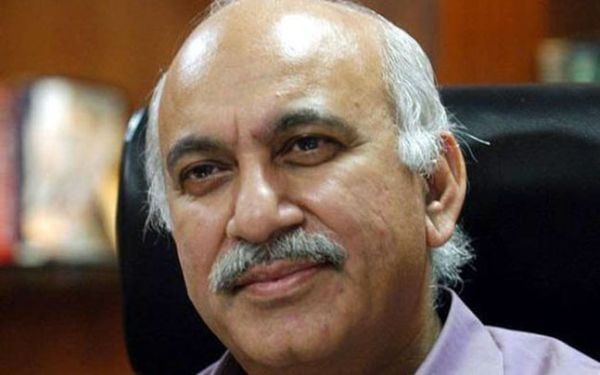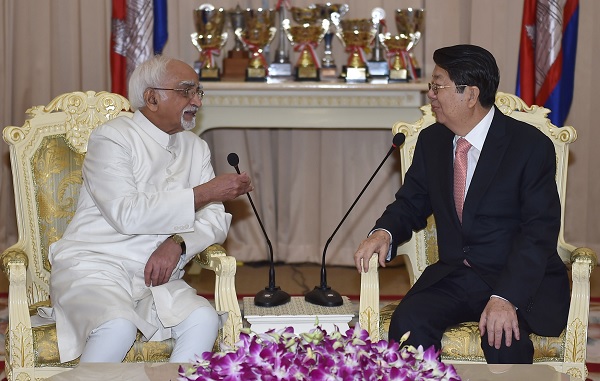
Government committed to support Indian investments in Europe: Akbar
New Delhi : The government is committed to extending every support to Indian industries focused efforts to increase investments in European countries, Minister of State for External Affairs M.J. Akbar said on Monday.
“I am happy that European businesses are looking towards India and are increasingly finding business toeholds in an outward looking manner,” Akbar said while delivering the keynote address at the Fourth India-Europe 29 Business Forum here.
“At the same time Indian businesses are becoming a significant investor in Europe,” he said.
“I would like to assure you that the government of India is fully committed and working towards supporting this.”
Organised by the Ministry of External Affairs and industry body Ficci, trhe Forum is an institutionalised platform to initiate and discuss business prepositions between India and European countries. This year, the Czech Republic is the focus country.
Akbar said India is undergoing a transformation in an unprecedented scale led by Prime Minister Narendra Modi’s effective and transparent government.
“India is moving towards a knowledge-based society which aims to build a $5-trillion economy by 2025,” he stated.
“This will make us the third largest consumer market in the world by then. According to World Bank and IMF, our growth rate is going to be stable and high.”
The minister pointed out India ranked that Moody’s has upgraded India’s ratings on account of its economic reforms.
“India has climbed 30 places in the World Bank’s Ease of Doing Business index last year, the biggest jump by any country,” he said.
Stating that India is a union of states, Akbar said many of these states have embarked on the process of being competitive.
“We call this competitive federalism,” he said.
“More than 90 per cent of the FDI rules have been put on automatic approval. As a result, there has been a sharp rise in FDI in the past three years from $36 billion in 2014 to $60 billion in 2016-17.”
The radical reforms that were introduced by the government of India some four years ago under the leadership of Modi have delivered robust results, Akbar said, while highlighting the government programmes that contributed to the socio-economic transformation of the country.
He cited how interventions in the areas of micro-finance and housing have strengthened the participation of women in development endeavours.
Pointing to the threat of terrorism confronting global societies, Akbar said that India and Europe have come together to fight the war against terrorism and make the world a peaceful place to live in.
Minister of Industry and Trade of the Czech Republic Tomas Huner, in his address, said that India is one among the 10 most important non-European trade partners of Czech Republic. He underlined the immense scope for bilateral partnerships in the area of energy development.
Huner highlighted the core strengths of the Czech Republic, such as a highly qualified domestic workforce, investment protection laws, among others, as factors that would attract Indian investments to the country.
Minister for Foreign Affairs and Trade Promotion of Malta Camelo Abela urged Indian industry to increase their investments in Malta and enjoy the benefit of easier access to the European and African markets.
“”Malta is open for business,” he said, and referred to pharma manufacturing, education, healthcare, consultancy, renewal energy, financial services, events, biotechnology research, knowledge-based industries among other sectors that would be particularly attractive for investments by Indian companies. He also mentioned about Malta being a global film production hub.
Ficci Vice President Sandip Somany, in his welcome address, said there is significant scope for increasing the India-Europe 29 bilateral trade flows that stood at $38 billion in 2016-17.
He also pointed to the need for strengthening these partnerships involving small and medium enterprises (SMEs).
The conference attracted the participation of some 170 officials and business leaders from the European countries, and an equal number of Indian delegates.
During the inaugural session, a Ficci report on “India-Europe 29: Synergising Economic Vision for Expanded Relations” was released.
—IANS

